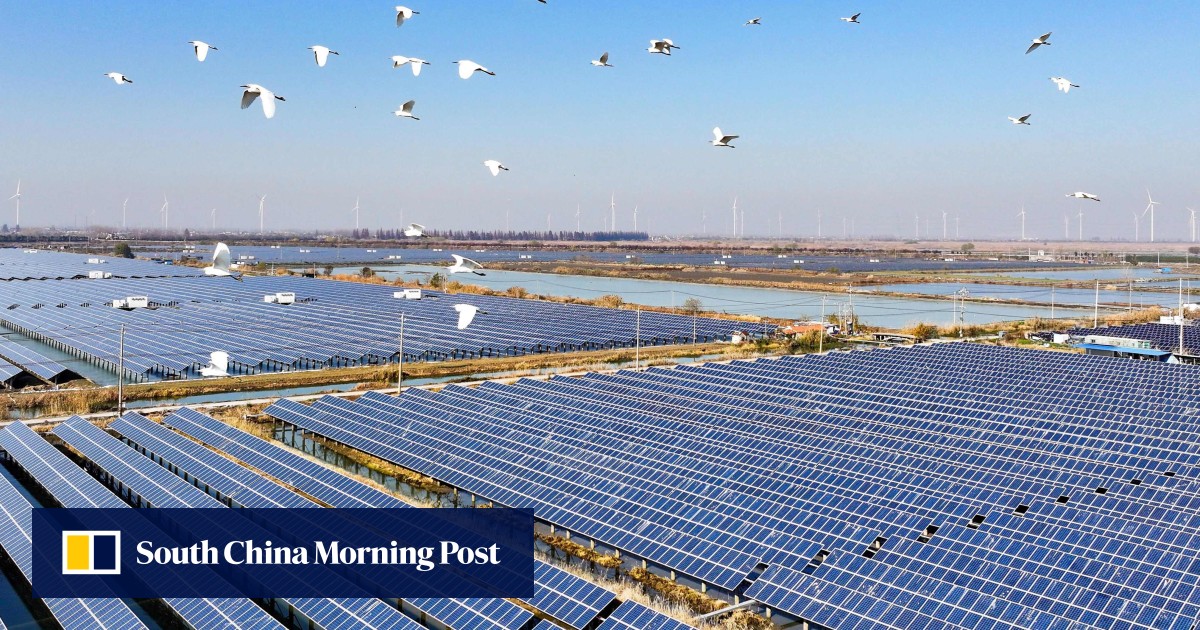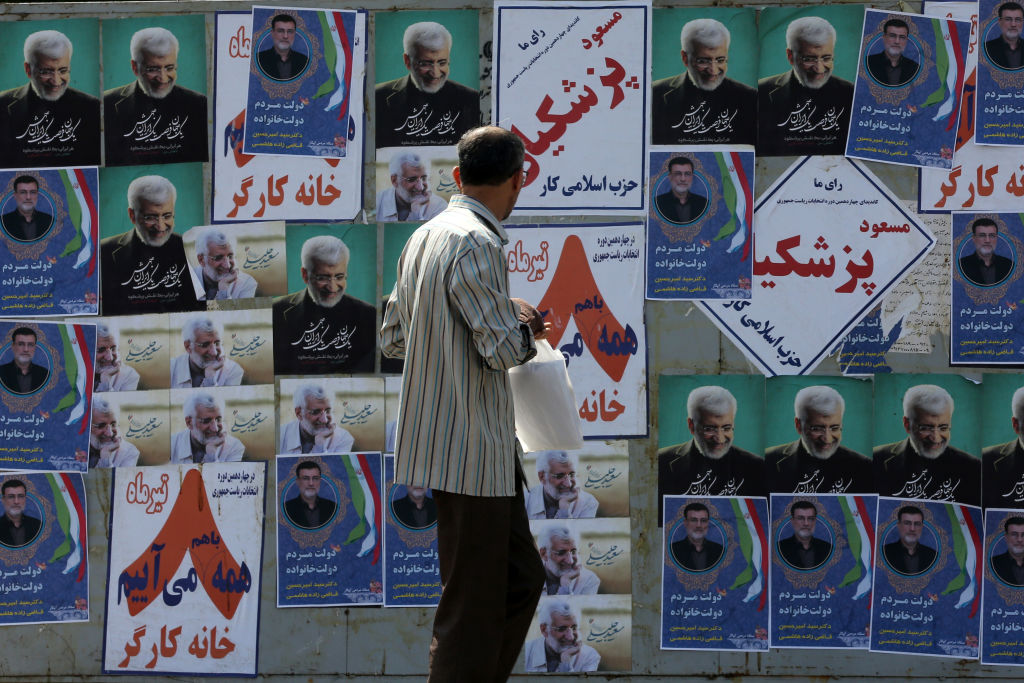Lebanon’s parliament elected army chief Joseph Aoun as head of state on Thursday, filling the vacant presidency with a general who enjoys US approval and showing the diminished sway of the Iran-backed Hezbollah group after its devastating war with Israel.
The outcome reflected shifts in the power balance in Lebanon and the wider Middle East, with Shiite Muslim Hezbollah badly pummelled from last year’s war, and its Syrian ally Bashar al-Assad toppled in December.
It also indicated a revival of Saudi influence in a country where Riyadh’s role was eclipsed by Iran and Hezbollah long ago.
The presidency, reserved for a Maronite Christian in Lebanon’s sectarian power-sharing system, has been vacant since Michel Aoun’s term ended in October 2022, with deeply divided factions unable to agree on a candidate able to win enough votes in the 128-seat parliament.
Aoun fell short of the 86 votes needed in a first round vote, but crossed the threshold with 99 votes in a second round, according to Parliament Speaker Nabih Berri, after lawmakers from Hezbollah and its Shiite ally the Amal Movement backed him.

Momentum built behind Aoun on Wednesday as Hezbollah’s long preferred candidate, Suleiman Frangieh, withdrew and declared support for the army commander, and as French and Saudi envoys shuttled around Beirut, urging his election in meetings with politicians, three Lebanese political sources said.

 By South China Morning Post | Created at 2025-01-09 13:06:49 | Updated at 2025-01-09 22:37:25
9 hours ago
By South China Morning Post | Created at 2025-01-09 13:06:49 | Updated at 2025-01-09 22:37:25
9 hours ago








